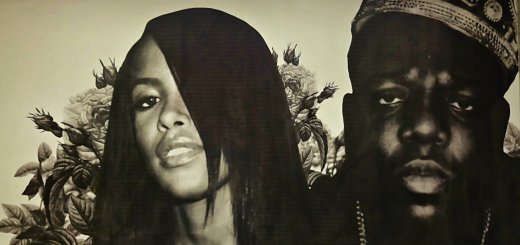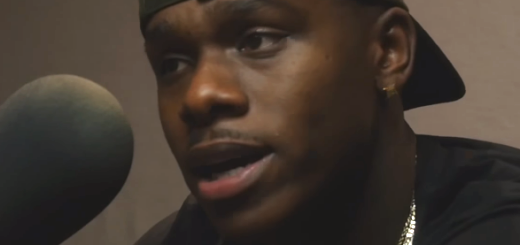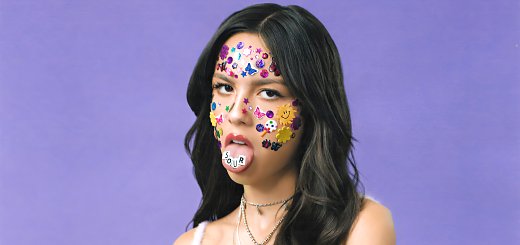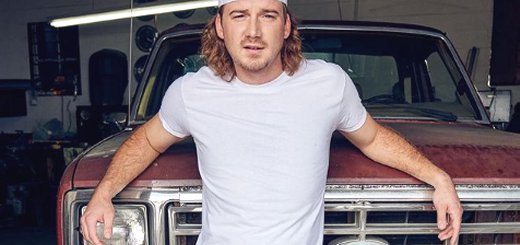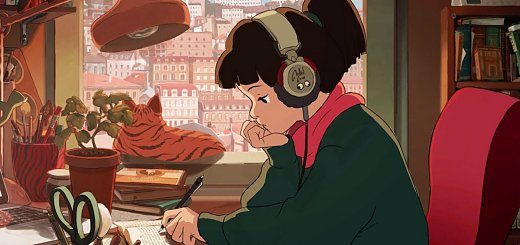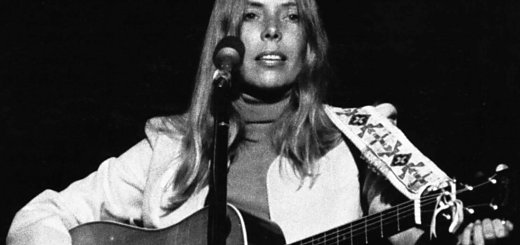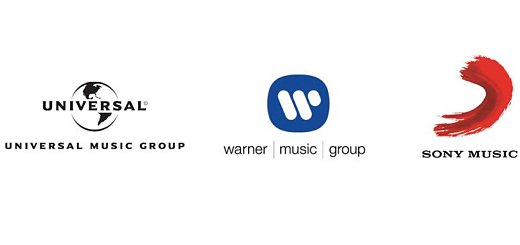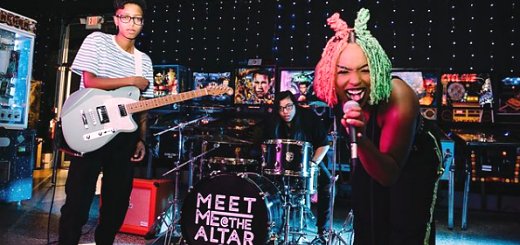Essay: How Kanye turned concert merch into an empire

Input analyses Kanye West's career as it was mirrored in his fashion: "Kanye has curated his aesthetic universe to be one of the most recognizable in the music industry. His relationships with music and fashion have not only been symbiotic within his own life, but with the streetwear landscape around him. While the Yeezy label carves Kanye’s imprint within luxury fashion, he uses his merch as a creative playground, transforming each album into collectible garments. The lasting impact of Kanye’s merch has less to do with the artist himself, but more so with the creative ecosystem he creates around each project, and the aesthetic footprint it leaves behind". West's listening event for his still-unreleased album on August 5 proves the point - with 40,000 ticketed guests, it raked in $7 million from merch sales, breaking the record for highest-grossing U.S. tour.
